He thought he was just horsing around.
Using the popular app WeChat, a Chinese construction worker supervisor Chen Sho Uli made a gossipy joke about government officials while chatting in a chat group. But being too casual about what you say — and where — can be dangerous in China. For his sin Chen was incarcerated for several days.
“Picking quarrels” is another no-no in the country.
In lieu of Orwell’s telescreen in every room, modern Internet technology enables repressive governments to punish citizens for thoughtcrime that becomes app-speech crime. If the Chinese government can spy on you, it will. And penalize you for remarks it deems offensive to the dignity of the state.
Because of such repression, blogger Stephen Green observes that “strong encryption is everybody’s friend — except the tyrant’s.”
Agreed. Encryption is an important line of defense.
But some societies require this more than others, because harmless, incidental communications are not equally attacked by government, from country to country. Which means that encryption is actually a second line of defense.
The first is a cultural and political tradition respecting individual rights.
For one thing, robust encryption helps only those who engage in hyper-careful private discourse, or hyper-careful anonymous public discourse. Encryption won’t help thinkers of controversial thoughts who wish to express those thoughts publicly and under their own name. Everywhere we can, then, we must strengthen both the technological and cultural defenses of open discourse — recognizing that the latter is the more crucial and fundamental.
This is Common Sense. I’m Paul Jacob.
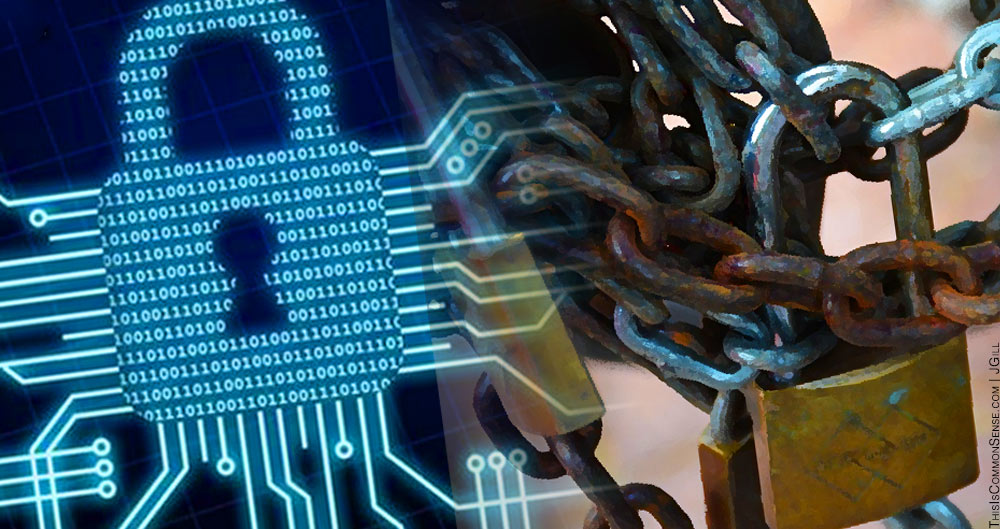

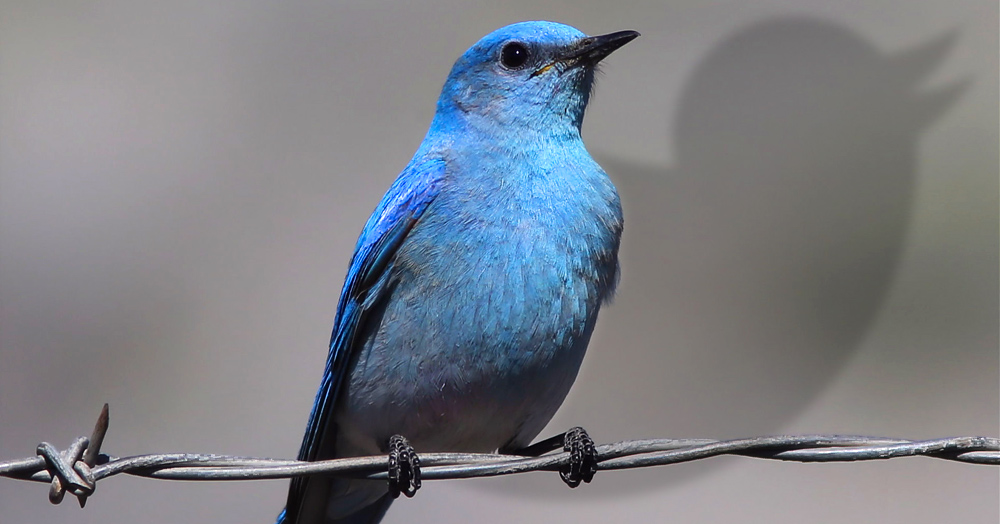

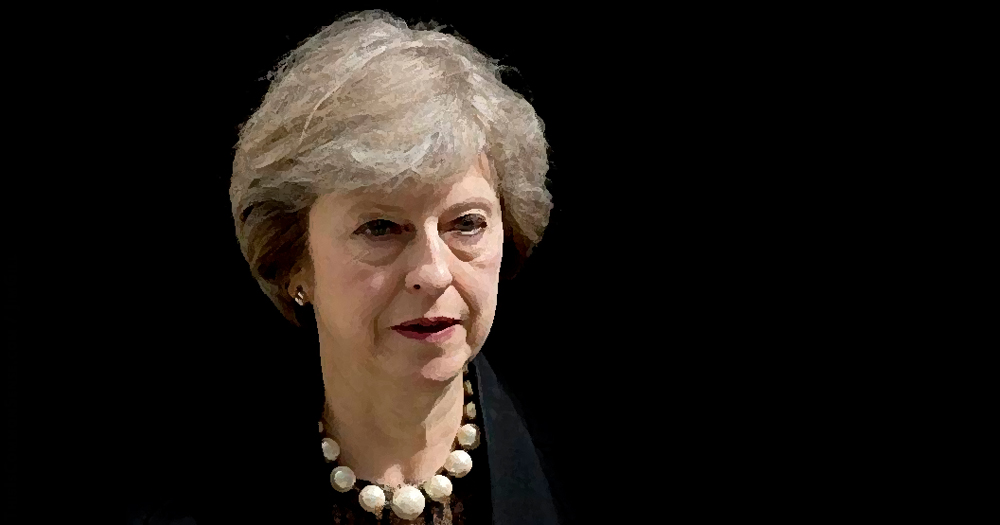




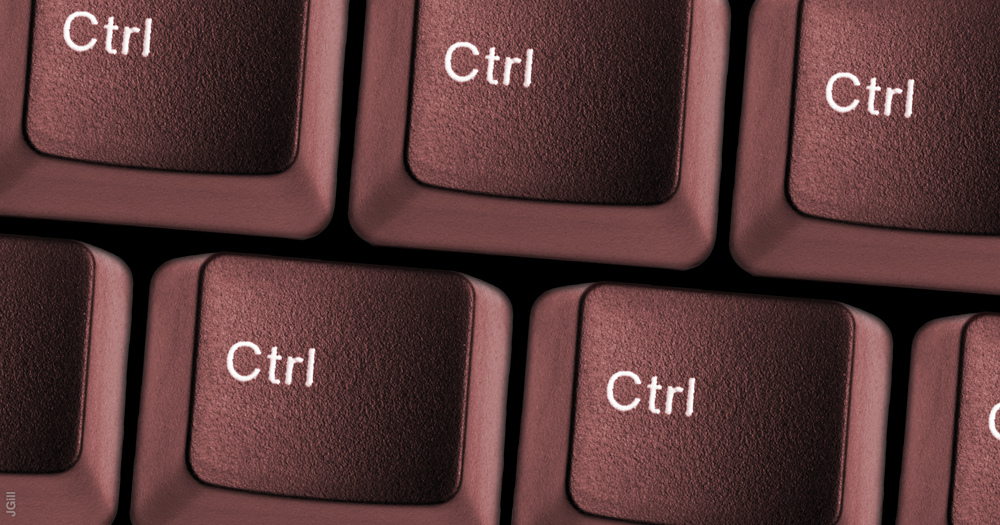

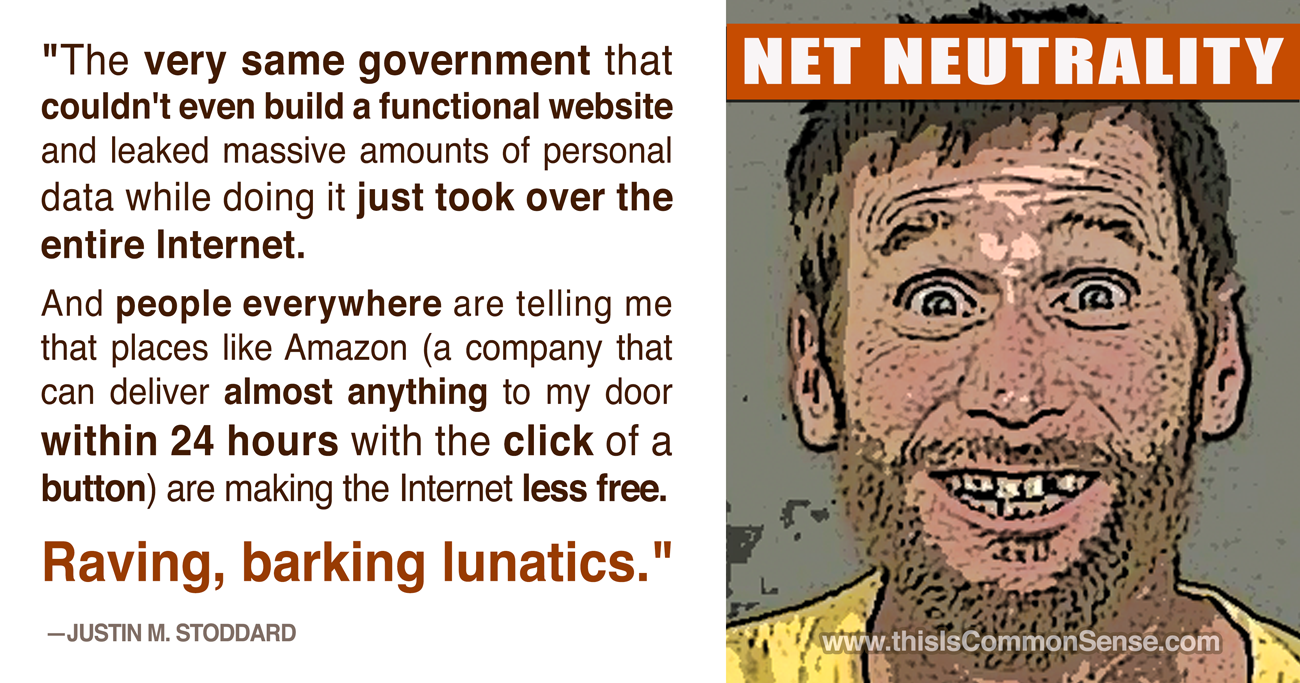

 New services find spots for you on planes en route to pick somebody up that would otherwise be empty, or let you subscribe to blocks of time for use on a variety of jets. Result? More and more passengers are able to ride private jets thanks to startups like
New services find spots for you on planes en route to pick somebody up that would otherwise be empty, or let you subscribe to blocks of time for use on a variety of jets. Result? More and more passengers are able to ride private jets thanks to startups like 